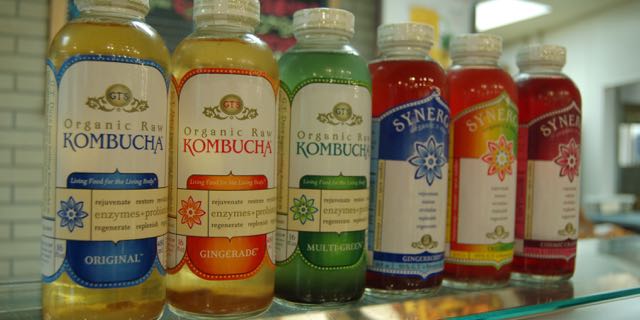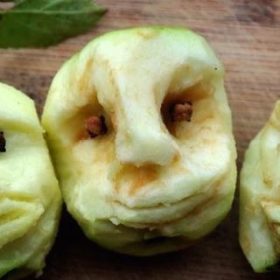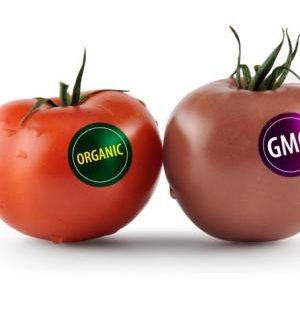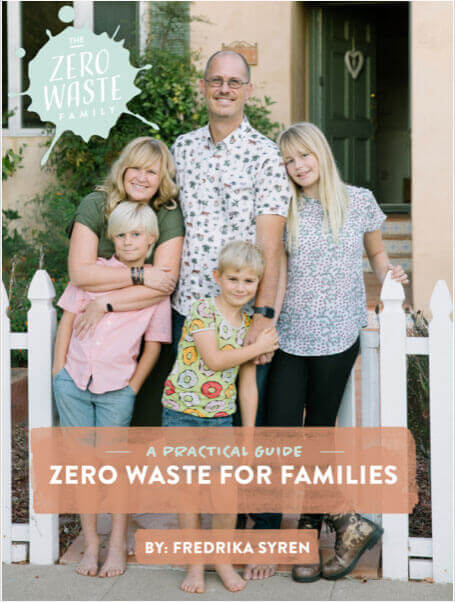By Kim Robson:
Here at Green Mom, we are big fans of kombucha. In case you’re not familiar with it, kombucha is a centuries-old beverage, popular in countries such as Russia, China and Korea. It is well known for its health benefits. The probiotics in kombucha can improve the digestive system, boost immunity, and detoxify the body. What is it exactly, though? Put very simply, it’s fermented tea. It starts out as sweetened tea which is then fermented with the assistance of a scoby, a symbiotic culture of bacteria and yeast. The scoby then “eats” the sugar in the tea and transforms it into a slightly sweet, slightly tart, naturally fizzy beverage.
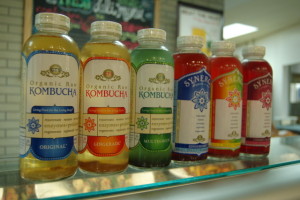 The popularity of kombucha has soared in recent years, drawing the attention of federal regulators. Because it is fermented, kombucha contains trace amounts of alcohol. The Alcohol and Tobacco Tax and Trade Bureau, a division of the U.S. Treasury Department, recently sent letters to several producers of kombucha, warning them that since their beverages supposedly exceeded the allowable alcohol limit, they must be labeled as alcoholic beverages and be subject to alcohol regulation or face hefty fines (upwards of $11,000) and legal action.
The popularity of kombucha has soared in recent years, drawing the attention of federal regulators. Because it is fermented, kombucha contains trace amounts of alcohol. The Alcohol and Tobacco Tax and Trade Bureau, a division of the U.S. Treasury Department, recently sent letters to several producers of kombucha, warning them that since their beverages supposedly exceeded the allowable alcohol limit, they must be labeled as alcoholic beverages and be subject to alcohol regulation or face hefty fines (upwards of $11,000) and legal action.
Kombucha typically falls below the federal limit of 0.5% alcohol by volume. By comparison, a Bud Light (yellow water in the eyes of many) contains about 4.2% alcohol.
The government is using the same alcohol test for kombucha that it uses for wine, beer and spirits. The problem is that the organic acids and natural sedimentation in kombucha can be misread as ethanol, which throws off the results of the test.
Rep. Jared Polis (D-CO) sent this letter to the Alcohol and Tobacco Tax and Trade Bureau explaining that their testing methodology is flawed. He requested that they stop their harassment of kombucha brewers until a unique testing method appropriate to the specific chemistry of the beverage can be devised.
Polis notes in his letter that although the alcohol level in kombucha can sometimes rise slightly above the federal limit, this happens only when it is improperly stored at warmer temperatures, which also spoils the drink. Polis wrote, “Eight spoiled kombuchas are roughly equivalent to one beer, but that doesn’t mean we should regulate it like we do alcohol — it makes absolutely no sense.”
Rep. Polis already has proven himself to be a friend of healthy living industries. He recently introduced a bill to allow food and supplement producers to tell their customers about peer-reviewed university research on the health aspects of their products. And Polis has supported the sale of raw milk, another product we’ve written about here.
Unpasteurized kombucha contains the “good” bacteria that promote gut health and boost immunity. But if kombucha is regulated like alcohol, many supermarkets and convenience stores won’t be able to sell it, and most health-conscious consumers would be unlikely to travel to liquor stores to stock up on the drink.
Liquor is very heavily regulated — by states as well as by the federal government. Shipping kombucha across state lines may be barred, and prices may be fixed by regulation. The probiotic benefits of kombucha would also be denied to anyone under the age of 21. The combination of these factors likely would lead kombucha producers to decide it’s no longer profitable to continue brewing kombucha, further restricting — and possibly eliminating — consumer access to it.
Take Action! Send a message to the Alcohol and Tobacco Tax and Trade Bureau urging them to stop their attack on kombucha.
Another way to take federal regulators’ power away is to learn how to brew your own kombucha at home!


